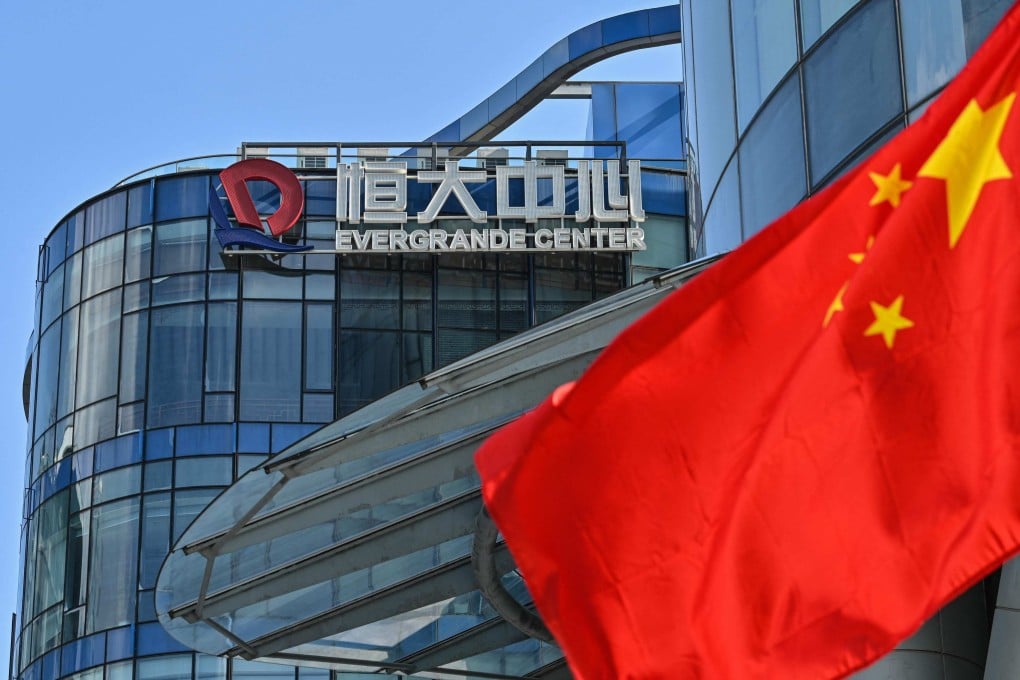Evergrande surrenders two land parcels to Chengdu’s government after letting them sit idle for a decade
- Idle land ‘is objectively detrimental to local development’, says analyst
- Construction on 259,000 square meter and 84,000 square meter plots should have started in 2010 and 2011, government notices say

“If the developer keeps the land and does not develop it, the land will become idle, which is objectively detrimental to local development. The government wants to sell the land in the hope of making the best use of it,” said Fu Yongsheng, a lawyer at Shanghai Brilliance Law Firm. Developers set up subsidiaries for projects after obtaining land from the government, he added.
The plots have areas of about 259,000 square meters and 84,000 square meters, respectively. The government notices said that construction on the land should have started in 2010 and 2011.
The government can take back land on which construction has not been started for two years after the designated time without compensation, according to regulations governing idle land.